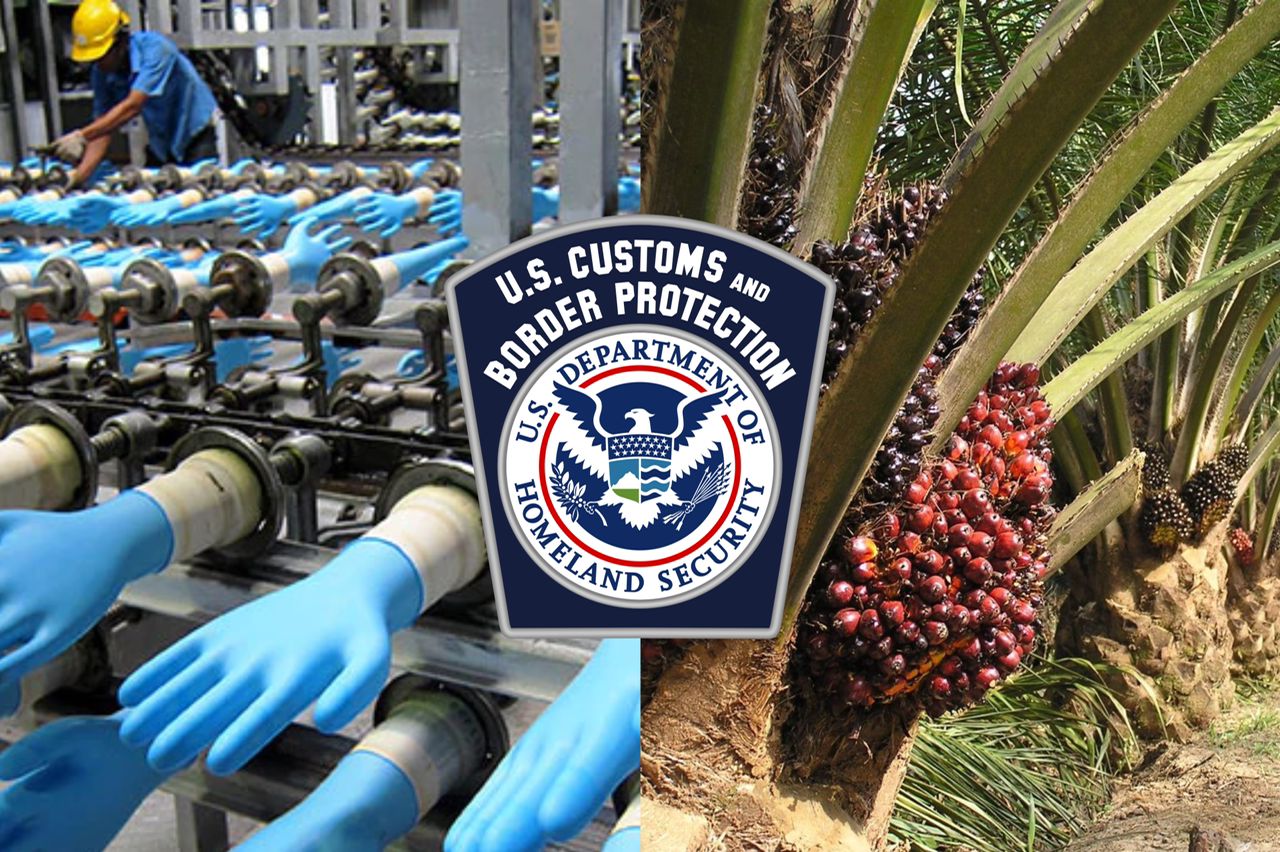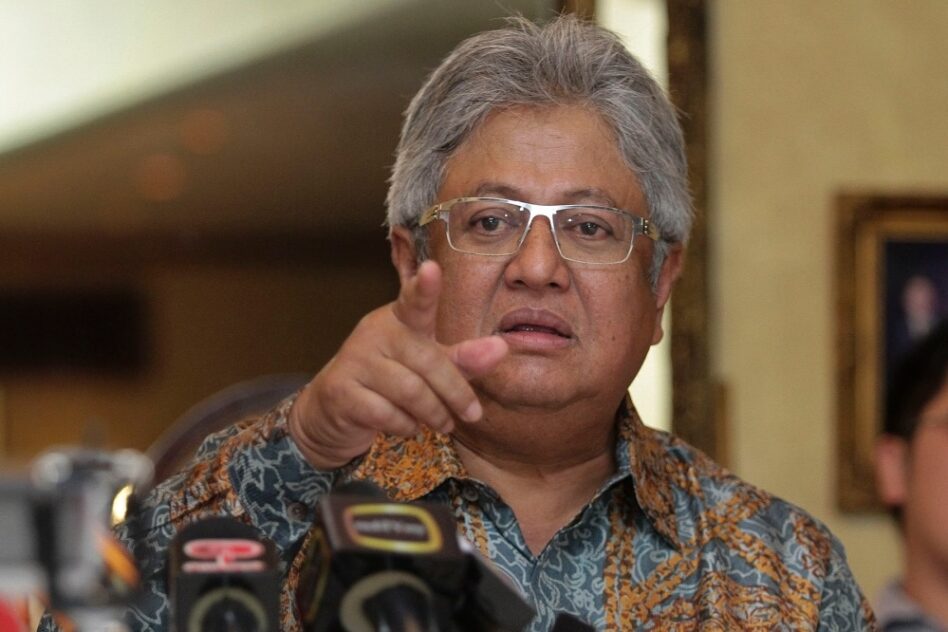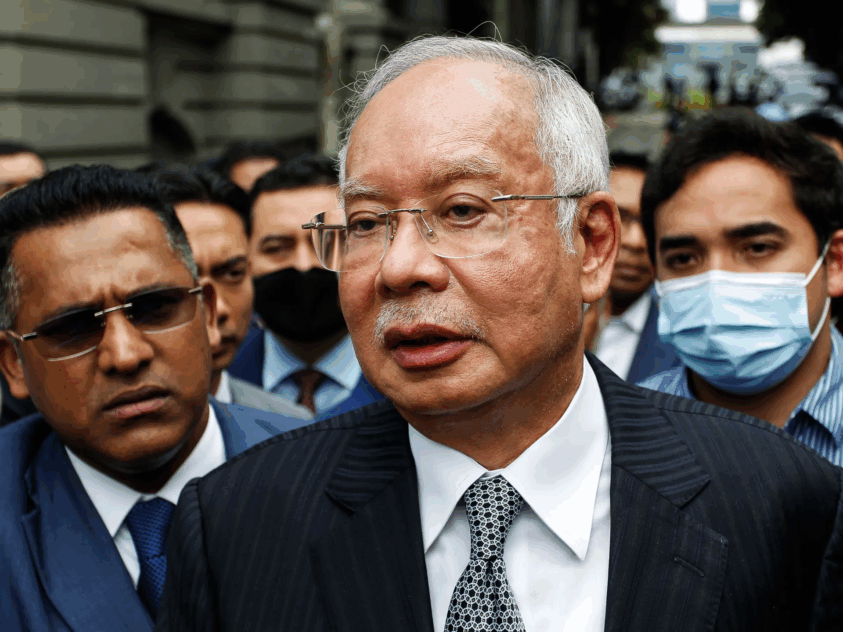IT became crystal clear yesterday (June 2) that Malaysian firms with heavy manpower reliance on migrant labour workforce will ‘forever’ be at the mercy of the US Customs and Border Protection (CBP).
Nevertheless, two “invaluable truths” which shed light into the modus operandi of imposing the Withhold Release Orders (WROs) were shared by two top CBP officials with the Malaysian media at briefing in Kuala Lumpur. They are:
- The CBP determines ‘remotely or from afar the issuance of WROs by “relying heavily” on independent third-party audits commissioned by the companies as well as information from investigative journalists, CBP’s agency partners, other law enforcement sources, NGOs (non-governmental organisations and civil society groups; and
- The legal threshold required to issue a WRO against any company is “fairly low” (a reasonable level of suspicion is enough to trigger a product ban).
Instead on harping on the fairness aspect of CBP’s procedures which is seemingly an instinctive human reaction, a better option is to accept the very fact that nothing in the world is fair.
Obviously it will be brilliant if all global businesses can be conducted at arm’s length level. But this is seldom the case given both trading partners (the exporter and importer) will ultimately be subject to laws or rules and regulations of the countries that each partner is located.
Considering such harsh reality, perhaps we should thank both CBP officials – acting executive director (trade remedy law enforcement) Eric Choy and deputy executive assistant commissioner John Leonard – for offering an insight into CBP’s decision-making process.
This is surely a gem of information that should be capitalised by all Malaysian firms with American business interest. An understanding of the mechanism and procedures pursued by CBP in its WRO issuance process will enable Malaysian businesses to circumvent the pitfalls that have thus far affected eight Malaysian companies.
Even if we regard CBP’s information sources as shady or too subjective to our liking, we need to remember that this is the prerogative of the US authority and who are we to tell them what they should be doing or even how to run their country.
Instead, Malaysian companies must now proactively explore or survey their own business operations – inch by inch – to detect and rectify the fault lines lest they will end up having their products stranded at US ports or entry points for forced labour breaches.
Initially, eight Malaysian companies – including those involved in palm oil and glove manufacturing – were on a list of firms whose products were banned from entering the US due to “reasonable evidence” of forced labour practices.
However, two glove manufacturers, Top Glove Corp Bhd and WRP Asia Pacific Sdn Bhd – have since been removed from the list after satisfying CBP’s requirement. – June 3, 2022









